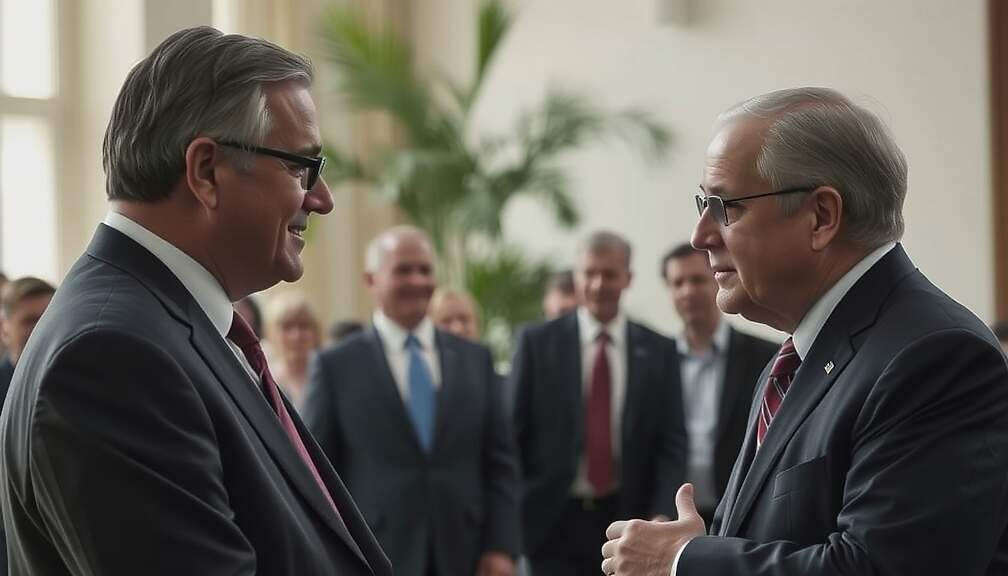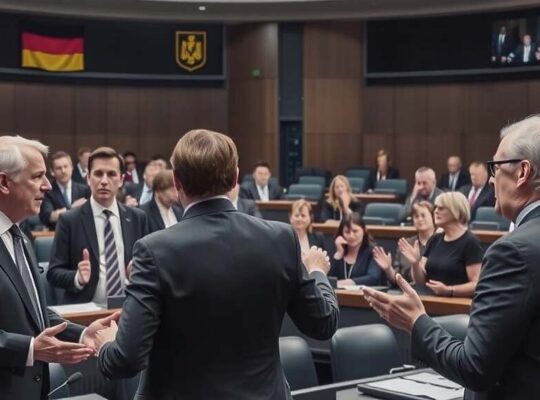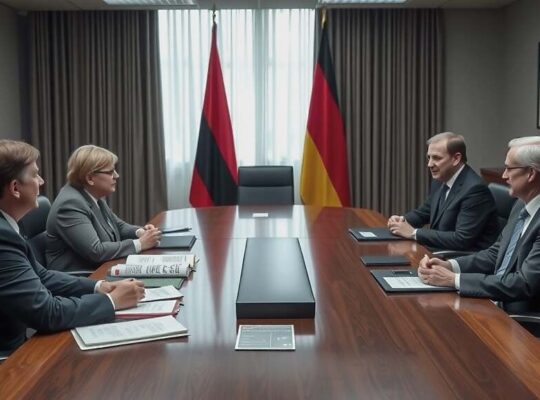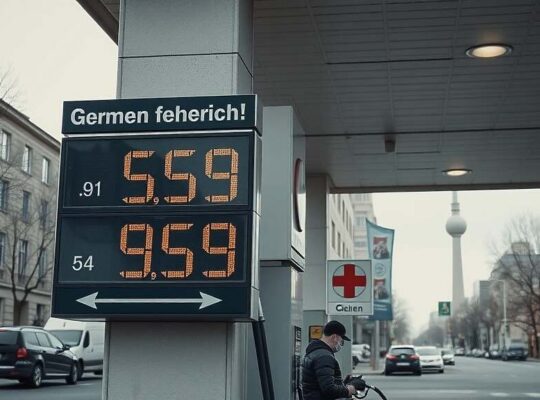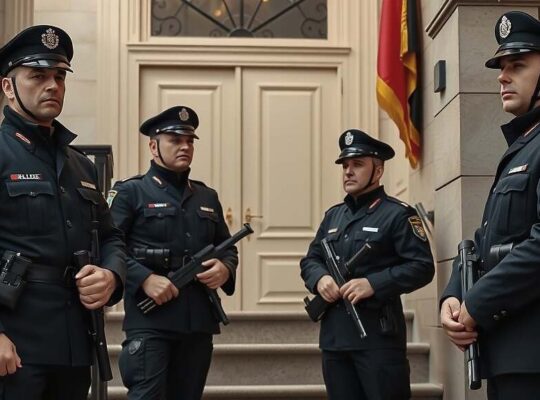Following a meeting in Berlin, German Chancellor Friedrich Merz and Estonian Prime Minister Kaja Kallas underscored the escalating security challenges stemming from the ongoing war in Ukraine, highlighting a worrying expansion of Russian hybrid warfare tactics beyond Eastern Europe. Merz emphasized that the discussions demanded “considerable time” to address the increasingly complex geopolitical landscape, noting Estonia’s direct experience with the war’s ramifications.
The Chancellor specifically cited instances of disinformation campaigns, acts of sabotage and drone deployments attributed to Russia, warning that these were now impacting Germany alongside Estonia. A renewed commitment to bolstering NATO’s eastern flank was reaffirmed, with assurances offered to the Baltic states regarding Germany’s “solidarity” including collaborative efforts to enhance defense capabilities.
Both leaders voiced agreement regarding the vital necessity of Ukraine’s continued and effective self-defense, advocating for the strengthening of Ukrainian armed forces and the provision of robust, enduring security guarantees from international partners – provisions that must extend beyond the cessation of hostilities.
However, a consensus was also established regarding the imperative of a unified European and transatlantic approach to a potential peace settlement. Whilst acknowledging the United States’ efforts to facilitate a resolution, Chancellor Merz unequivocally rejected the prospect of “unilateral territorial concessions” in any negotiated outcome. He stressed that the recently initiated talks in Geneva must be pursued diligently and collaboratively, emphasizing the need for consensus within the alliance before any potential agreement can be considered. The episode reveals a growing tension: while the US pushes for a resolution, Germany appears determined to avoid commitments that could be perceived as weakening its own strategic position or compromising the integrity of the NATO alliance.


